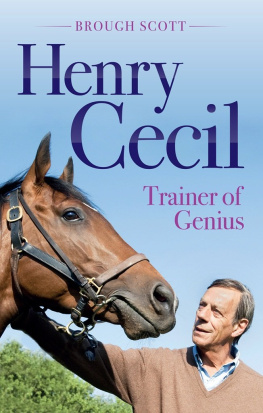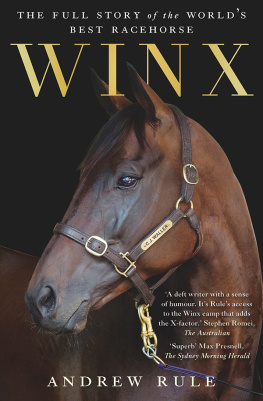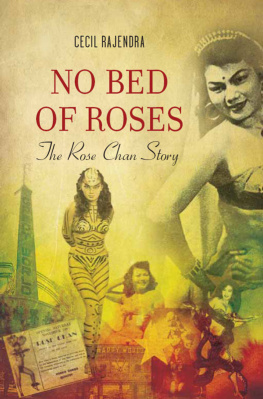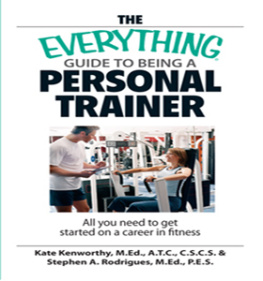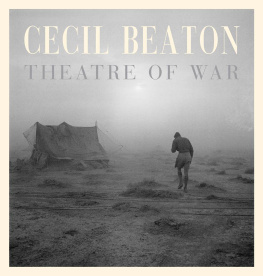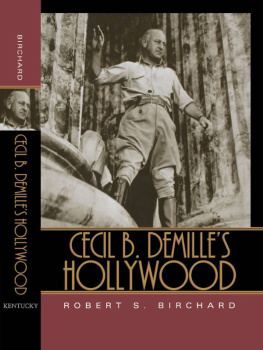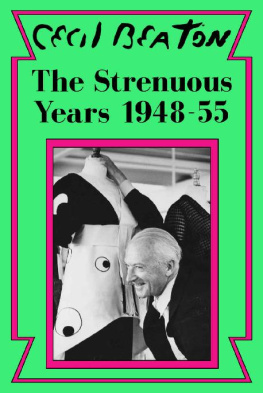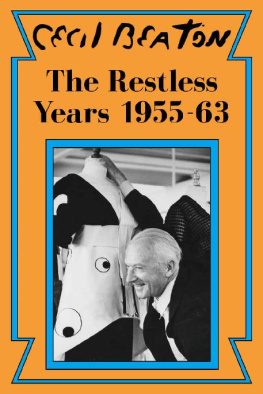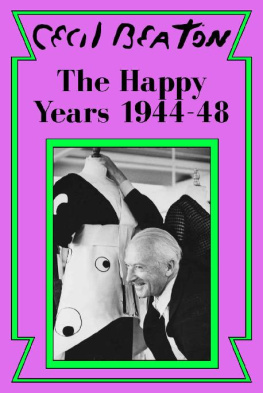Henry Cecil


Copyright Brough Scott 2013
The right of Brough Scott to be identified as the author of this work has been asserted by him in accordance with the Copyright, Designs and Patents Act 1988.
First published in Great Britain in 2013 by Racing Post Books
Axis House, Compton, Newbury, Berkshire, RG20 6NL
1 3 5 7 9 10 8 6 4 2
All rights reserved. No part of this publication may be reproduced, stored in a retrieval system, or transmitted in any form or by any means, electronic, mechanical, photocopying, recording, or otherwise, without the prior written permission of the publishers.
A catalogue record for this book is available from the British Library.
ISBN 978-1-905156-84-9
eISBN 978-1-908216-70-0
Cover designed by Jay Vincent
Text designed by Soapbox, www.soapbox.co.uk
Frontispiece: Sir Henry Cecil and Frankel after the Greenham Stakes at Newbury, April 2011.
Printed and bound in the UK by CPI Group (UK) Ltd, Croydon, CR0 4YY
Every effort has been made to fulfil requirements with regard to copyright material. The author and publisher will be glad to rectify any omissions at the earliest opportunity.
www.racingpost.com/shop
For my father Mason Hogarth Scott.
1900 1971.
Whose fascination with racing inspired my own, whose support let me follow my dream, whose love will never die.
MAP OF BRITISH FLAT RACECOURSES AND CECIL-RELATED PLACES

MAP OF NEWMARKET

INTRODUCTION
IT WAS a sound they had never heard before. The ovation on that last April afternoon at Newmarket in 2011 was quite exceptional for the horse but much, much more so for the man. Frankel, the three-year-old colt who had just blitzed his rivals in the 2,000 Guineas, was just six races and eight months into what was to prove an unbeaten career. Henry Cecil seemed to be living his seventh life already, yet this promised to be the very best of them. Nothing beats a resurrection.
It took him a long while to get to the sunlit unsaddling enclosure as everyone had wanted to shake history by the hand. By the time Henry had come down the steps on to the grass of the paddock, Tom Queally had taken the saddle and numbercloth off Frankels sweat-stained back and the big screen had already replayed proof of an all-the-way victory as awesome as any seen since the 2,000 Guineas began in 1809 with a winner called Wizard. The crowd had been so thunderstruck they had even broken into applause mid-race and cheered horse and jockey on the walk back to the winners circle. But now they wanted something else. They wanted to greet the extraordinary, captivating, complex, fascinating, flawed, patrician, populist genius that is Henry Cecil.
That moment in the spring of 2011 was a full 36 years after a 32-year-old Henry had legged up Frankie Dettoris father Gianfranco on the Italian-owned Bolkonski to win the 1975 2,000 Guineas and what was to become the first of a post-1900 record 25 individual British Classic races for H.R.A. Cecil as a trainer. In that time, with its unprecedented heights and its more recent doom-laden lows, the unique mix of aloof, almost autistic concentration and engaging, self-deprecating charm has seared his dandyish figure into the consciousness not just of racing fans but of the wider world. He has blacksmiths hands and an artists face. He is both a complex and a simple man. He can be dauntingly direct one minute and winningly vulnerable the next. But in the early years of the new century the winning ways seemed to have deserted him as a series of sometimes self-induced blows left him a cancer-ridden ember of his glory days.

Frankel and Tom Queally in full flight when winning the 2,000 Guineas in 2011

In the eighties and nineties he had become the unlikeliest of icons. He was the amazingly posh and unacademic stepson of one royal trainer and the son-in-law of another. He had become a cult interviewee as he coyly diverted the TV plaudits while the big-race winners were led in. But the perfect storm had been brewing awhile. Divorce had been followed by staff defections, owner loss, his twin brothers cancer, drink, depression and a further divorce before, in 2006, cancer hit him too. Henry Cecils mighty Warren Place stable had sent out 110 winners in 1978, 180 in 1987 and another 100 in 1998. In 2005 he had just 12 successes and the wan, raddled 62-year-old on the hack overseeing just a handful of horses looked a doomed and painful sight. But now he was back. Now he was here.

and in the Newmarket winners enclosure with Sir Henry Cecil and owner Khalid Abdulla.

He wore an elegant navy blue cashmere blazer with narrow charcoal trousers, Gucci shoes and a dark blue shirt with a light speckled tie, above which his rather ravaged face was set severe to hold back the emotions raging beneath the trademark flop of now thinning hair. His tall body was still taut with big-race tension but his head dipped in characteristic mute acknowledgement as he walked very precisely over to shake Tom Queally by the hand an almost papal welcome to the Classic-winning club. As he did so the swell of approval erupted into a full-scale roar. When it finally subsided a voice called out Three cheers for Henry! and three times the crowd roared its response.
It was a scene unique in the experience of even the most seasoned racegoer, and rightly so. For what Henry Cecil achieved in that moment is not just unprecedented in racing, it is exceptionally rare in life itself. All societies produce a few individuals who through drive and circumstance take themselves to the very top. Of those there is an unhappy but inevitable percentage who then ride the helter-skelter right down to the bottom. Many of those will refocus and enjoy some level of success a second time, but never in racing, and only on very few occasions in the wider world, has anyone climbed back to truly become The Man again. When they do the effect can be almost eerily adulatory. For what has been loved and lost is now found again.
In Henry Cecils case this was doubly so, for when he first began to emerge from the darkness, the cancer had him so deep in its grip that any success had about it the bitter sweetness of a swansong. Someone had called out Three cheers for Henry Cecil! in June 2007 when Light Shift took the Oaks at Epsom to become his first Classic winner in seven years. But the tearful figure standing on the rostrum had looked so gaunt and stricken that most of us doubted he would make Christmas.
Next page
